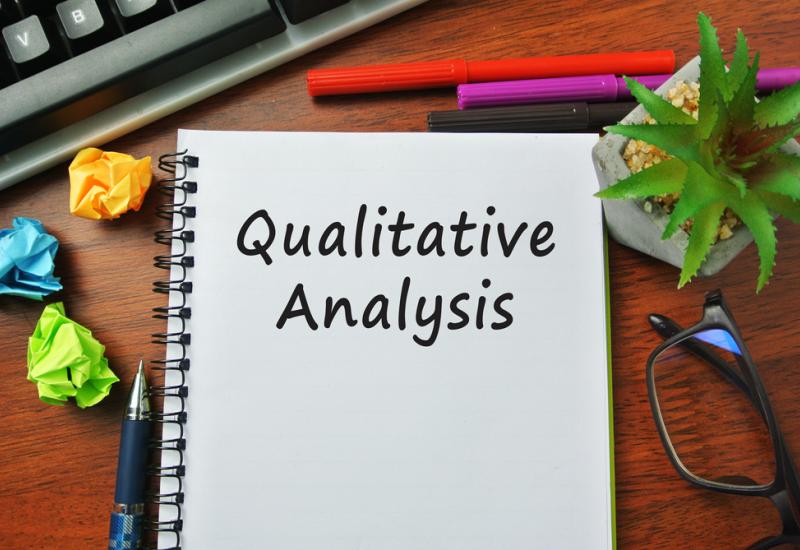Why the majority of PhD students suffer from depression?
A Facebook user on the group-‘PhD Support Group’, asked a simple question on the group, “Why the majority of research students face depression?: Mine is lack of support from the supervisors and yours”.
This narration precisely reflects the unsettled, depressed and confused state of mind; some of my colleagues had worked through a couple of years back. This refreshed my memories and reminded me of the painful ordeal, they underwent and probably each PhD scholar /doctoral research student used to experience. What I understand is that PhD is undoubtedly a very challenging undertaking. No supervisor is supposed to be as bad as that of the majority of group members opined and no supervisor is supposed to be as good as that in the case of mine. It is up to the PhD scholars/doctoral students, how they are facing up the challenge.
In this blog post, I presented the crux of the comments from 65 members of the -‘PhD Support Group’. Based on my personal experience and the candid input from members of the group, this article is intended to provide some useful insight for the novice researchers and PhD scholars how to address such a situation.
Concerns of the group members
While following the comments, remarks and views of the group members, I found a claim on certain observations as majority of them shared their perspectives based on personal experiences. They highlighted the problems, worries and troubles they face up. A great deal of them censured the critical role of the supervisor. Some of them came up with intriguing narratives on how to overcome this predicament.
For instance, Adelina Perez narrated, “In my case, it is more anxiety and stress than depression”. Azizi Boltzmann articulated that he was having bipolar type schizoaffective disorder; hence, he was suffering from depression in any case. Monabbir Johan postulated that the PhD process, in itself, used to be depressing, in the first place. Secondly, this is the journey which is by and large guided by self-study, self-learning and self-motivation. When you have so much of the self-work in the mind, the brain gets depressed as part of a regular activity for working overtime. Third, there is a lack of precise guidelines about the concept. PhD is an excursion where the supervisor is a coach and the student is a player. It is just like a football game where the coach has to sit on the sideline during an encounter as in the case of students’ proposal defence or Viva-voce.
A member Tunde Babalola opined, “I was told that PhD means: P- politics, h- hard work and D- determination; combined in this proportion: p60+h20+D 20 = 100. So one needs to play more of the politics selflessly and tactically to avoid having any grey areas in the processes of achieving your set objective: PhD!”.
To Sarwar Jahan, supervisor matters a great deal; however, Huma Chaudhary believes that they are just freaks. Arooj Mohsin Alvi is of the opinion that it was the higher expectations than reality that caused troubles. Urooj R. Khan also received a very minimal support too in terms of conducting her research. “From my experience, it’s all on the candidate themselves”, she added. Mudasir Dar sounded off that his supervisor did not even mind to see his research topic. Nieza Nieja is struggling to finish his PhD as soon as possible so that he can back to work at the earliest. Kwame Kwame believes “they don’t know what they are doing”, which is also a major cause of concern (Khalid Palh).
Benard Kaditi Uganda suggested that anyone assuming a postgraduate program is going to be a nice way to extend the undergraduate lifestyle. Having a high Intelligent Quotient cannot guarantee successful completion. So many other factors such as emotional intelligence, communication and problem-solving skills are tested. Skumaresh Raghavan feels it is the lack of funds that causes depression and Maheen Rana believes that it is the English language rather than anything else that perturbed her. Ekaette Emenike Iroegbu intellectual bullying by the supervisors is the root cause of the trouble. Neha Gupta added that her supervisor used to say that supervisor is only to look at the work and he /she is not a guide to correct the mistakes.
My personal experience
To be honest, my supervisor was one of the best in the world. But above all, the supervisor is the person in charge of the whole saga. How best he might be, the students are not going to spare him. I had a very delicate relationship with my supervisor. Once, I sent him some work, probably, a chapter of my thesis to go over. He agreed to do it in a week. After waiting for ten days, I sent him a text message, reminding him that he settled to do it in a week but even after the passage of ten days I received no reply from his side.
This was one of the very few instances where I felt he might be little upset about it but as a student I was having my own approach to the world, totally forgetting that he was a human, ten times busier than me, had a family life, had administrative responsibilities besides teaching assignments and set apart, he was supervising many other MS/PhD level students as well.
The prime reason for my desperation
One of the points of my serious contention with the supervisor was that I wanted to get away with my PhD as quickly as possible so that I might be able to spare some time for undertaking something sufficiently valuable apart from PhD. Above all there are so many things, one is supposed to do in this short life. Nevertheless, I assumed the supervisor wanted me to take it easy. I had the gut feeling that my supervisor made me work equivalent to three PhDs on a single PhD thesis but he was supposed to say that this was expected of every PhD candidate. Now I feel, he was spot-on, one hundred per cent.
Doing something worthwhile
Once, I finished with my PhD, I started helping other PhD scholars/ research students who were stuck at some stage of their PhD journey. I also started a blog to share my experiences with the novice researchers so that they may be able to learn from the experiences of others. I also started a YouTube channel with the same intention. This blog post, being part of the same inspiration, is aimed to compile the grievances and concerns of the PhD scholars and share it with the supervisor and academic leaders and policymakers for improvement on their part.
The way forward
During the course of the entire discussion, some useful suggestions have also been provided by the learned group members. For instance, one of the group members, Shivanie Ramcharitar maintained that lack of consistency and imposter syndrome are responsible for the whole mess. “I know my weaknesses. It is high time to turn it into strengths and get through this PhD”, he added. Ay Adelaja concluded that we all were in the same shoes. Nevertheless, we were stronger because we had figured out the survival route. Monabbir Johan suggested to take a break and relax. Giving up will not help in any way. Deal with it as the way a Chinese wise man said, “the only way to overcome fear is to face it”.
Conclusion
To me, it is not that the students do not know the solution but they want other people to solve their problems. Let’s not blame the supervisor but ourselves. Benard Kaditi Uganda commented that a lot of mental gymnastics and dynamics happen here. They will drag you up and down, left and right then back to the center and you start afresh. They will approve and disapprove the same chapter one hundred times to see check your temperament but finally will approve it.
Benard Kaditi Uganda summarized the whole discussion, “while you want a good supervisor, good supervisors want good students. Understand their language. They tend to use andragogy way of teaching as opposed to pedagogy”.


















